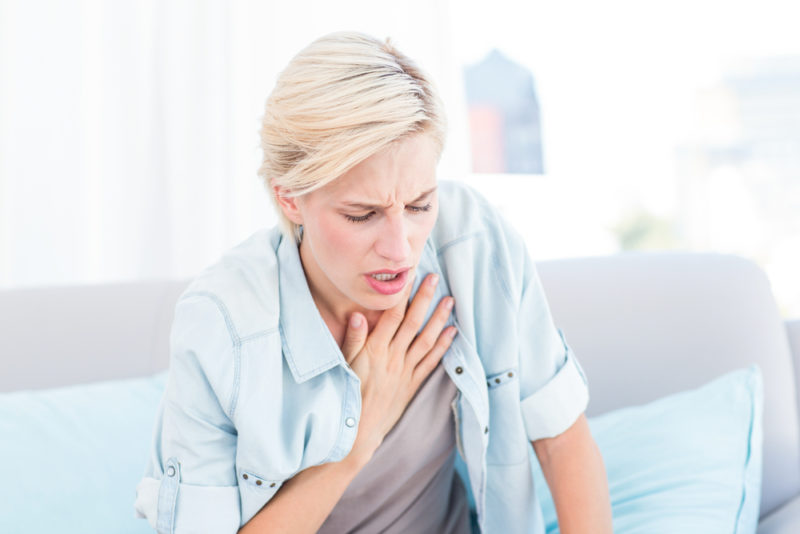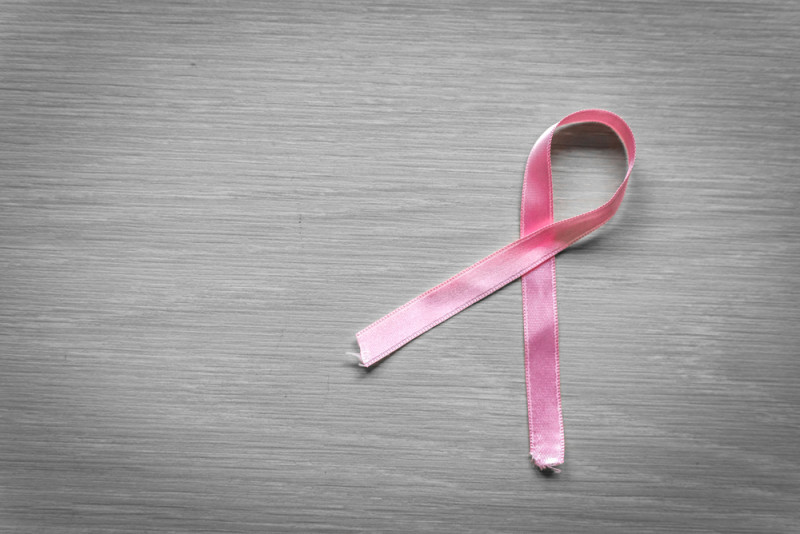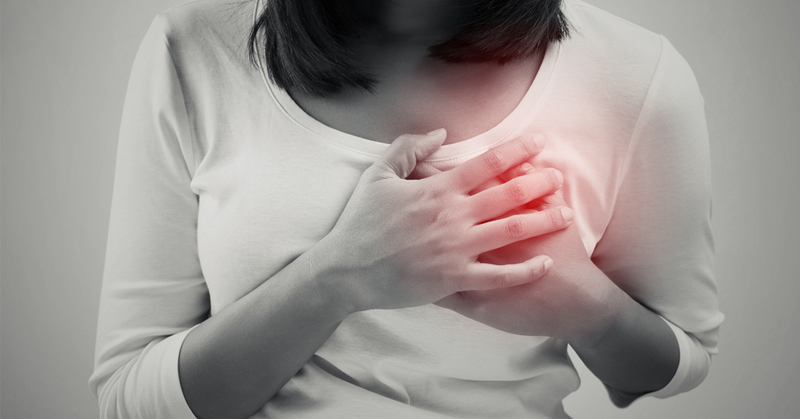Breast implant illness refers to a variety of illnesses and symptoms reported by women after they’ve had breast implants. These symptoms include fatigue, muscle weakness, aches and pains and brain fog. Researchers are linking many of these symptoms to silicone implants. A recent study found that women with silicone breast implants had a higher lgE serum level than woman without them. These levels are high when the body’s immune system responds to a perceived threat by releasing additional immunoglobin E. Elevated levels are also associated with immunodeficiencies, infections, inflammatory diseases and malignancies. (1)
History of Breast Implant Illness
Breast implant illness can occur from both saline breast implant problems and silicone breast implant problems. How common is breast implant illness? In the mid-1990s, nearly 200,000 women were injured or become ill due to silicone breast implants produced by Dow Corning. (2) Additional systems of breast implant illness can include depression, panic attacks, changes in skin, hair loss and short-term memory loss. Breast implant illness can also increase the risk of cancer.
Know the Risks
It’s normal to want to look your best, but it’s of great importance that when it comes to your health, you stay informed. You should know the risks involved with getting breast implants so that you can make the best decision possible for yourself. From ruptures to breast cancer, there are plenty of risks involved with breast implants. Furthermore, breast implants can cause nipple or breast numbness. And, aside from the health risks involved, it’s important to note that breast implants are not guaranteed to last a lifetime. In fact, all breast implants eventually break. With that in mind, and with the health risks involved, be sure to put careful consideration into your decision to get breast implants.
In addition to the risks listed below, here are some dangers associated with breast implants you may want to consider:
- Necrosis (skin death)
- Disappointment with the end result (how the breasts look after implants)
- Surgical risks
- Possible need for multiple corrective surgeries
- Financial burden of subsequent surgeries
- Fatigue
- Memory loss
- Poor concentration
- Platinum/metal poisoning
- Disfigurement
- Silicone migration into lymph nodes and other organs
- Infection
- In some cases, death

The Dangers of Breast Implants
1. Capsular Contracture
Scar tissue known as the “capsule” forms around the breast implant after surgery. In some cases, this scar tissue can tighten and squeeze the implant, which causes the breasts to become uncomfortably firm, painful and visibly distorted. (3) It is extremely difficult to predict who will experience capsular contracture. However, it occurs in roughly 5 percent of women who undergo breast augmentation with implants.
2. Chronic Chest Pain
Breast implant disease can cause chronic chest pain. A study conducted at Baylor University College of Medicine found that silicone breast implants can cause atypical chest pain syndrome, which is similar to heart attacks. (4) In fact, some women who have had breast implants have also experienced a heart attack. One patient in particular experienced a heart attack one month after obtaining implants. Furthermore, it can be more difficult to detect a heart attack in a woman who has breast implants. This adds an obvious elevated health risk. It can also be easy to misdiagnose a heart attack in women who have breast implants.

3. Rupture
Also on the list for breast implants risks is rupture, which can lead to a wealth of other complications. Rupture rates for some models of breast implants are as high as 40%. The rupture of a saline-filled breast implant causes salt water to leak into the body. In some cases, mold and bacteria may grow inside saline implants, causing adverse health effects. The mold and bacteria can enter into the body. Furthermore, the rupture of a silicone breast implant causes pain and changes in the shape of the breast. In some cases, it may lead to silicone poisoning or toxicity. (5) And, as mentioned above, the silicone can leak from the implant into the lymph nodes as well as other parts of the body.
4. Increased Risk of Cancer
The National Cancer Institute found that women with breast implants have a significantly higher risk of developing stomach cancer, vulva cancer, brain cancer and leukemia. (6) The FDA has also stated that women with silicone breast implants have a greater risk of developing anaplastic large cell lymphoma, a rare type of cancer. (7) Additionally, just as with a heart attack, it can be difficult to detect breast cancer in women who have breast implants.

5. Higher Suicide Risk
Research has shown that breast augmentation surgery can stimulate a systematic stress response, which has the ability to increase a pre-existing risk of suicide in women. The increase suicide risk among women who have had breast augmentation surgery is two- to threefold. (8) If you’re going to get breast implants, please be aware in particular of this risk. If you have any suicidal thoughts do not hesitate to call the National Suicide Prevention Hotline. This number is 1-800-273-8255.
6. Connective Tissue Disease
Another health risk associated with getting breast implants is developing connective tissue disease. Researchers found that women with silicone gel-filled breast implants that had ruptured had a significantly greater risk of developing connective tissue disease including fibromyalgia, Hashimoto’s thyroiditis and pulmonary fibrosis. This can occur if the breast implants rupture and the silicone gel escapes. (9)
Breast Implant Illness Detox
Breast implant illness recovery may include an explant. Ideally, however, articles such as this will give you the proper knowledge needed, and will maybe cause you to think twice before getting breast implants. If you have breast implant illness, however, you can take your health into your own hands to help you heal. For example, one of the most important steps to recovery is to support to the body’s natural detoxification process by eating a healthy diet full of whole foods. Add plenty of fresh fruits and vegetables to your diet, along with healthy fats and probiotic foods to help heal your gut. Stay active to help lower your stress levels and take a high-quality multivitamin to boost your immune system and get your health back on track. (10)


